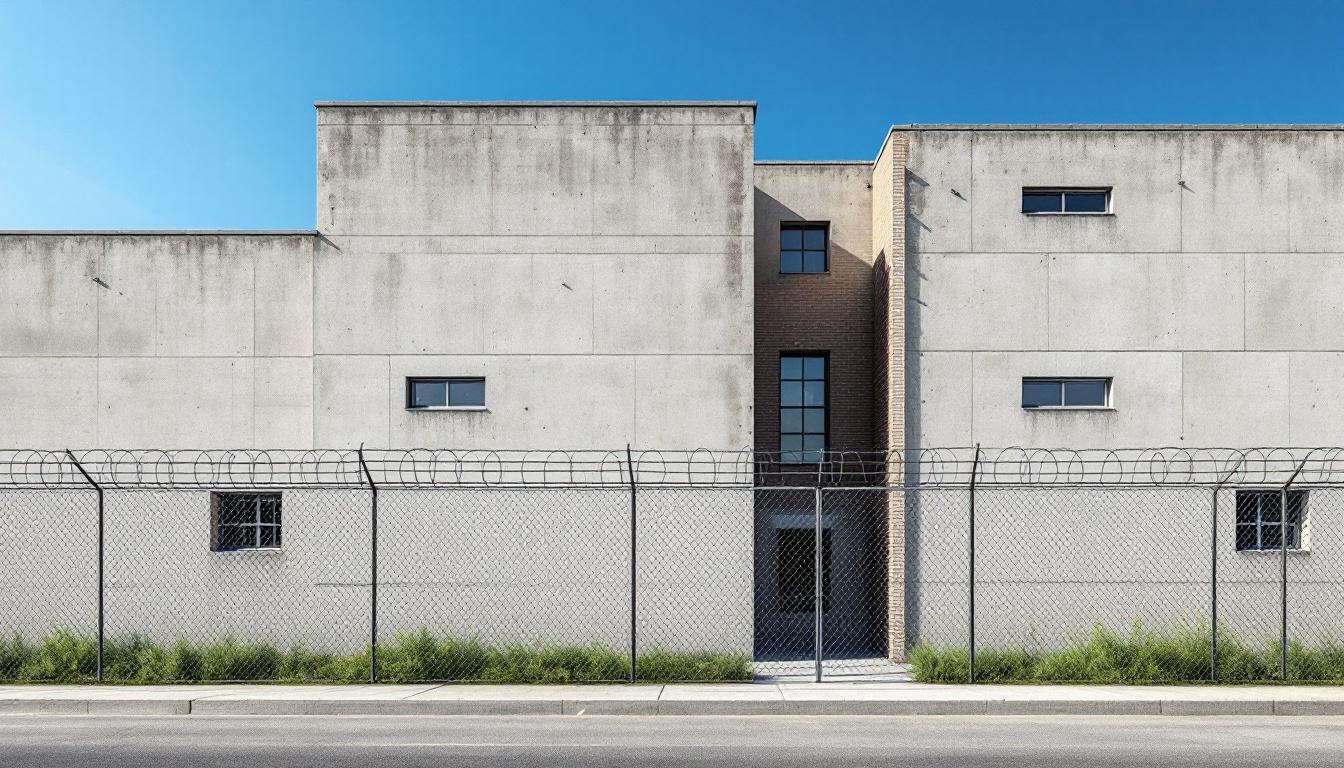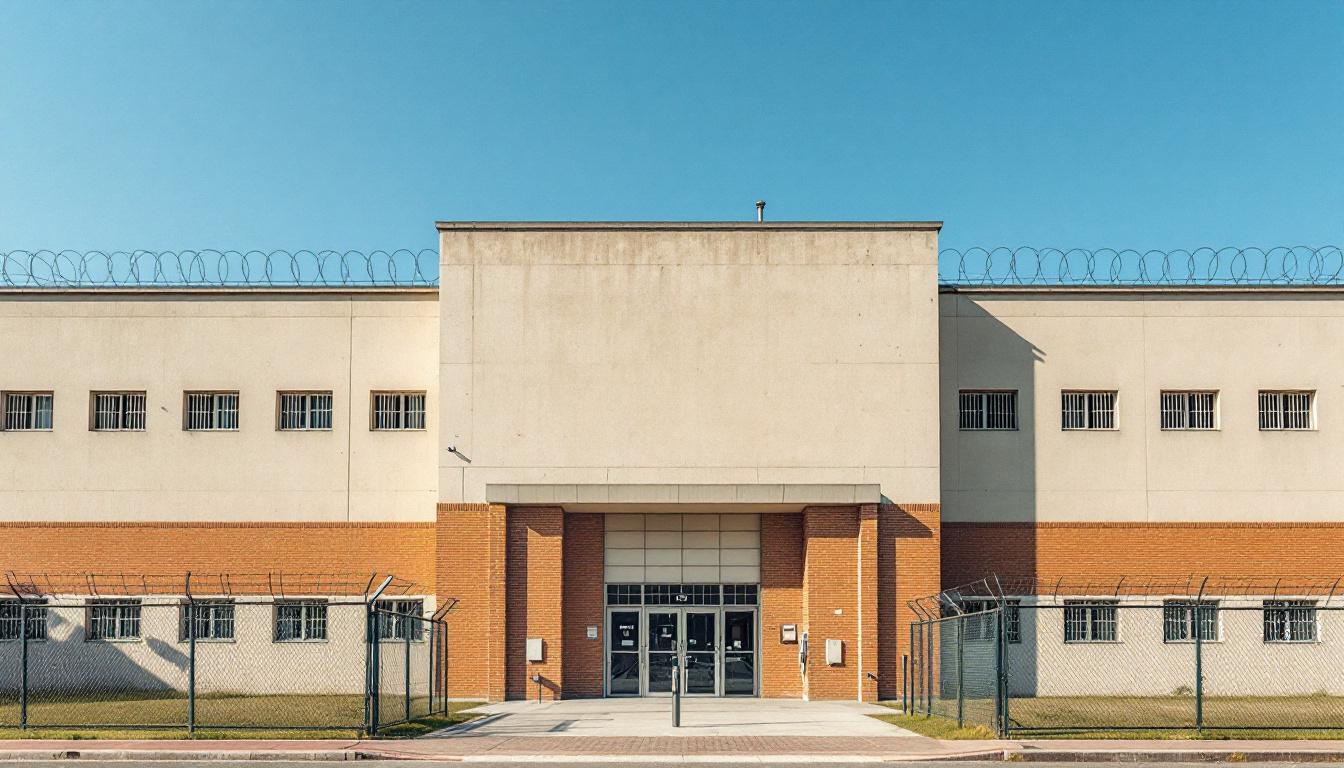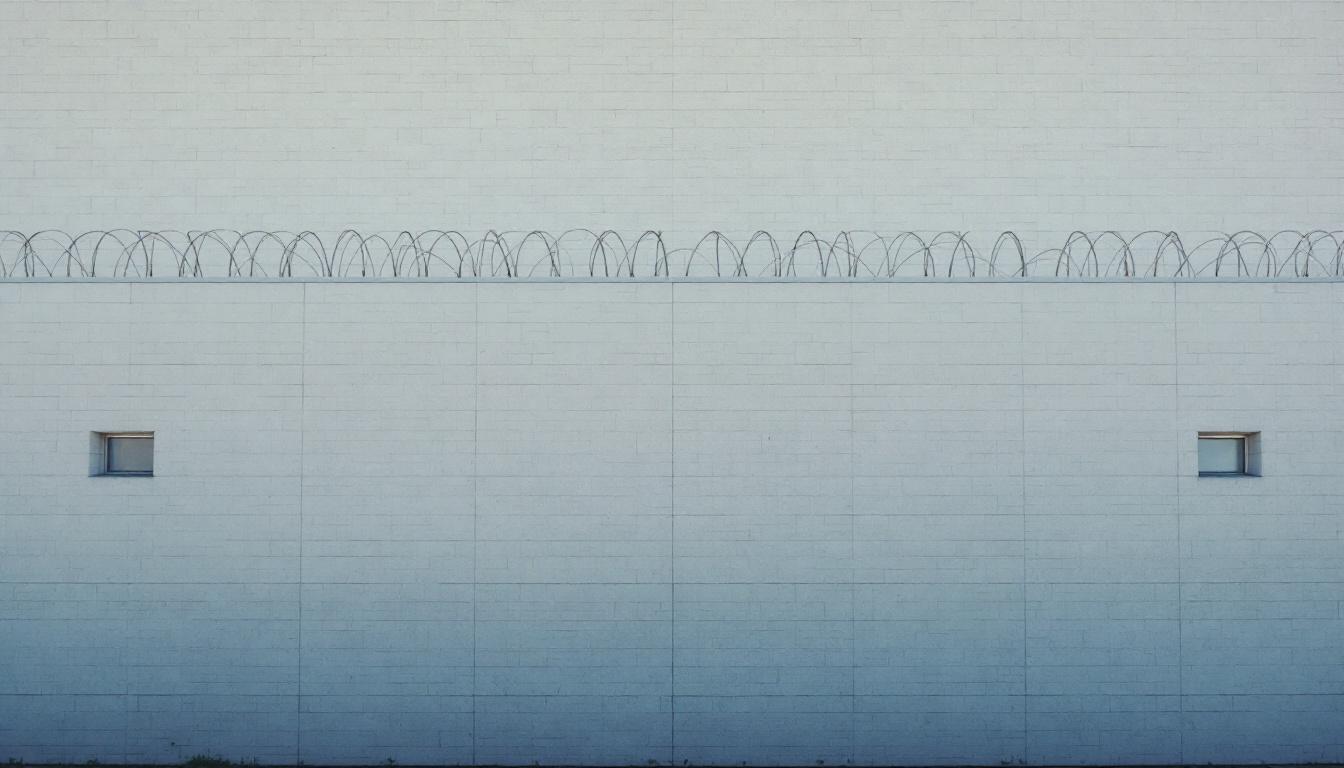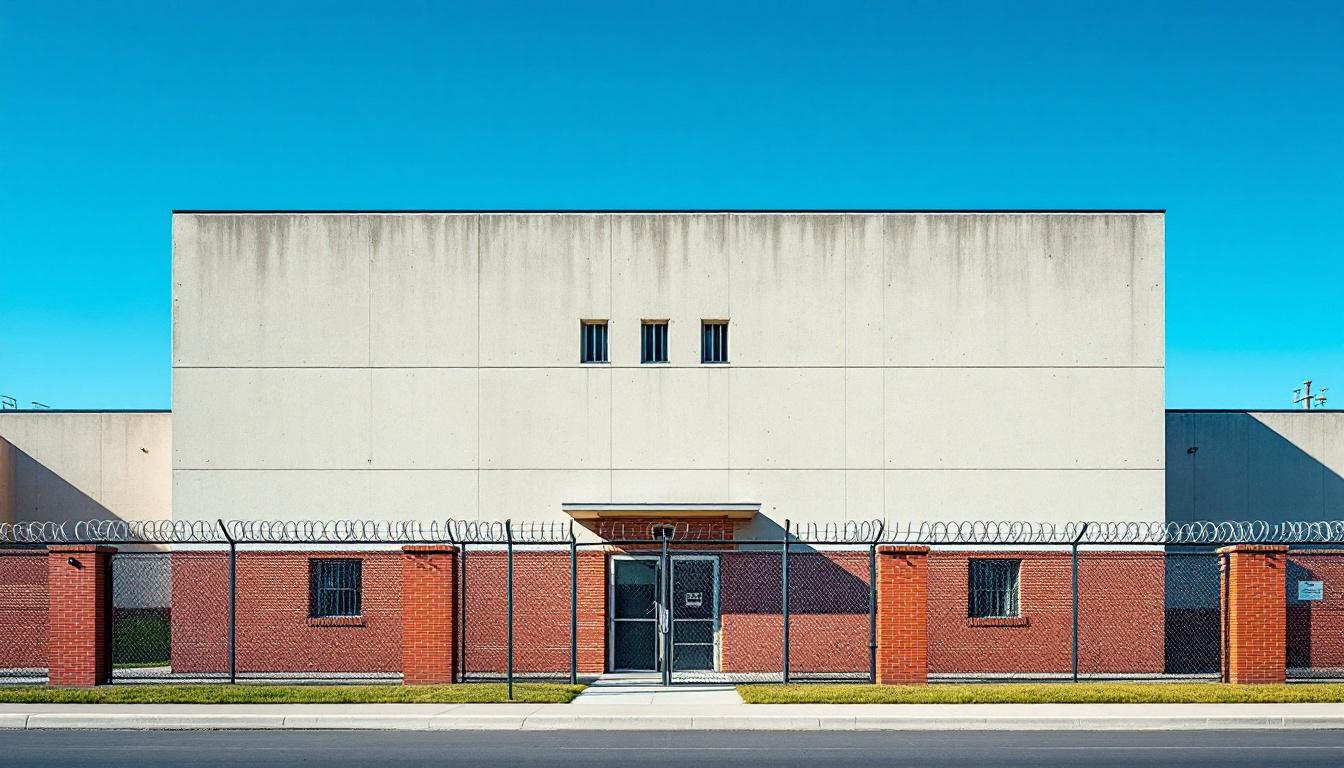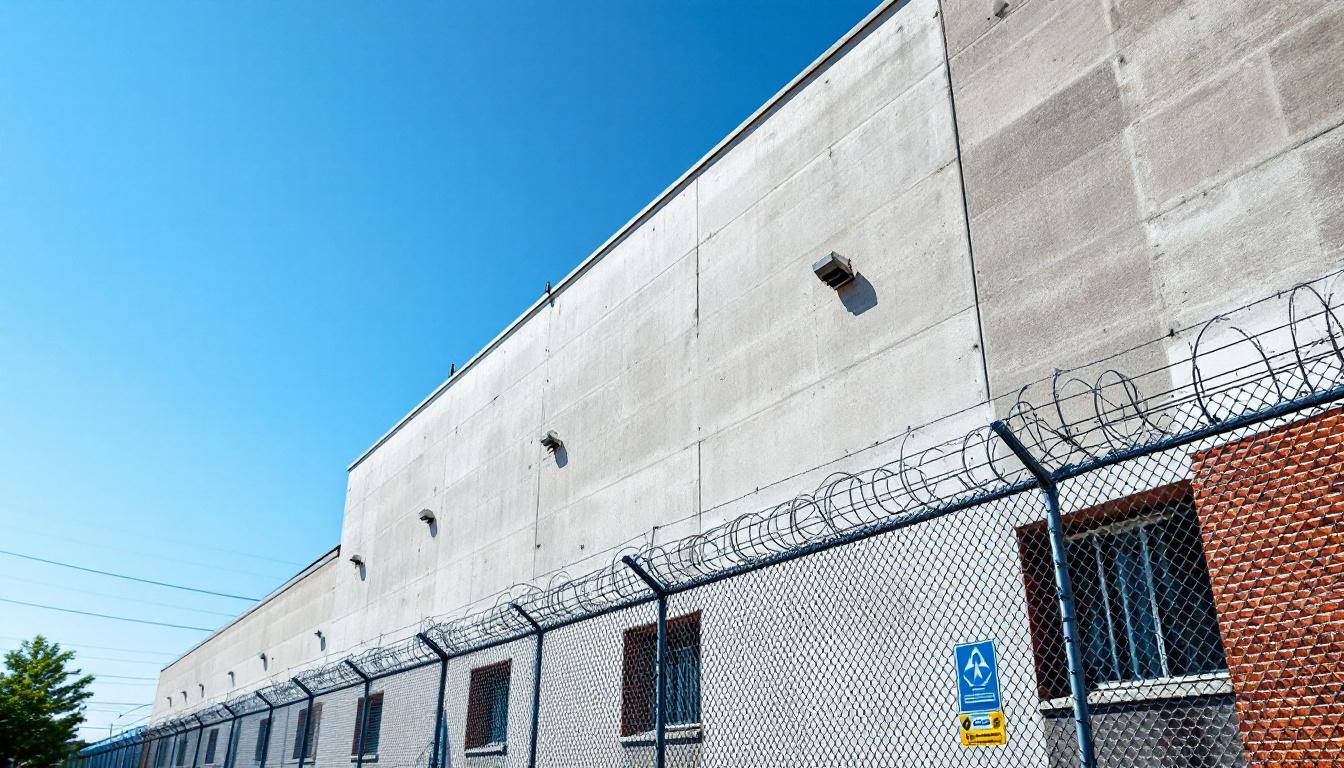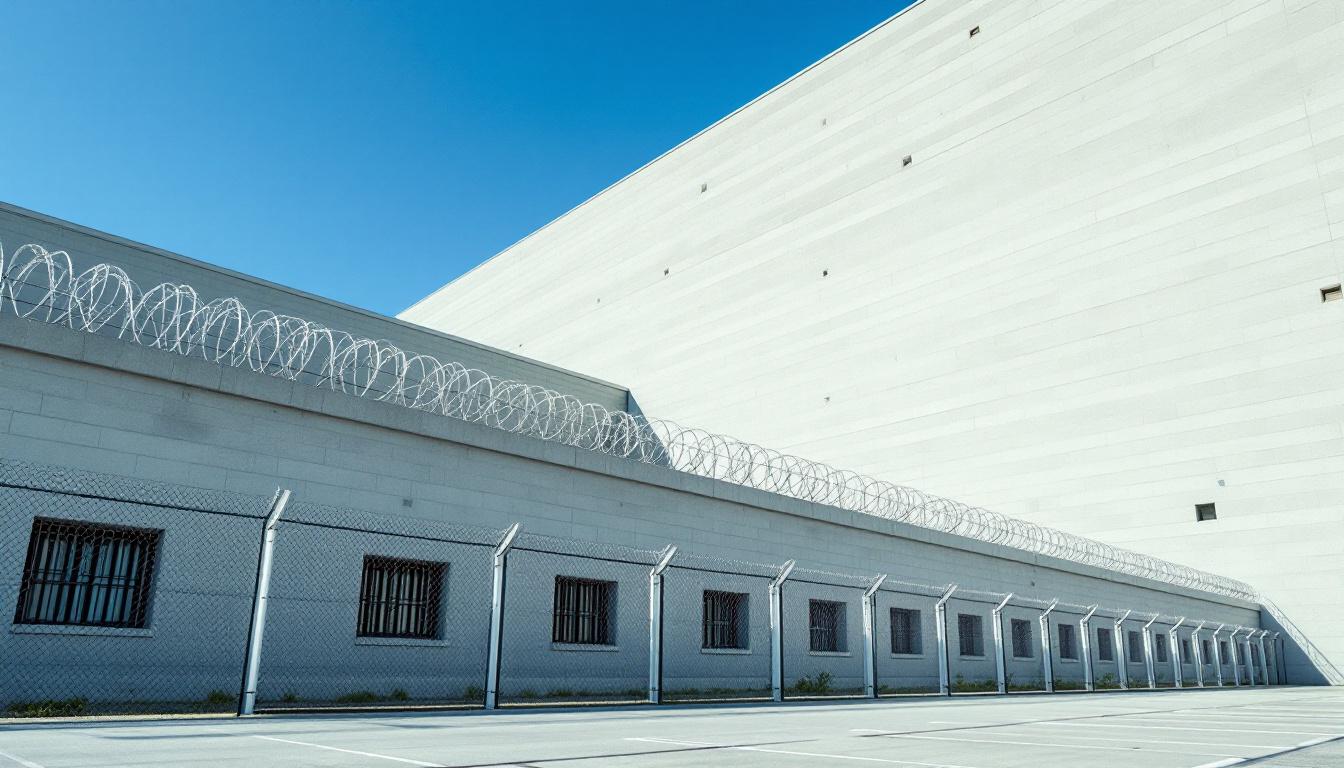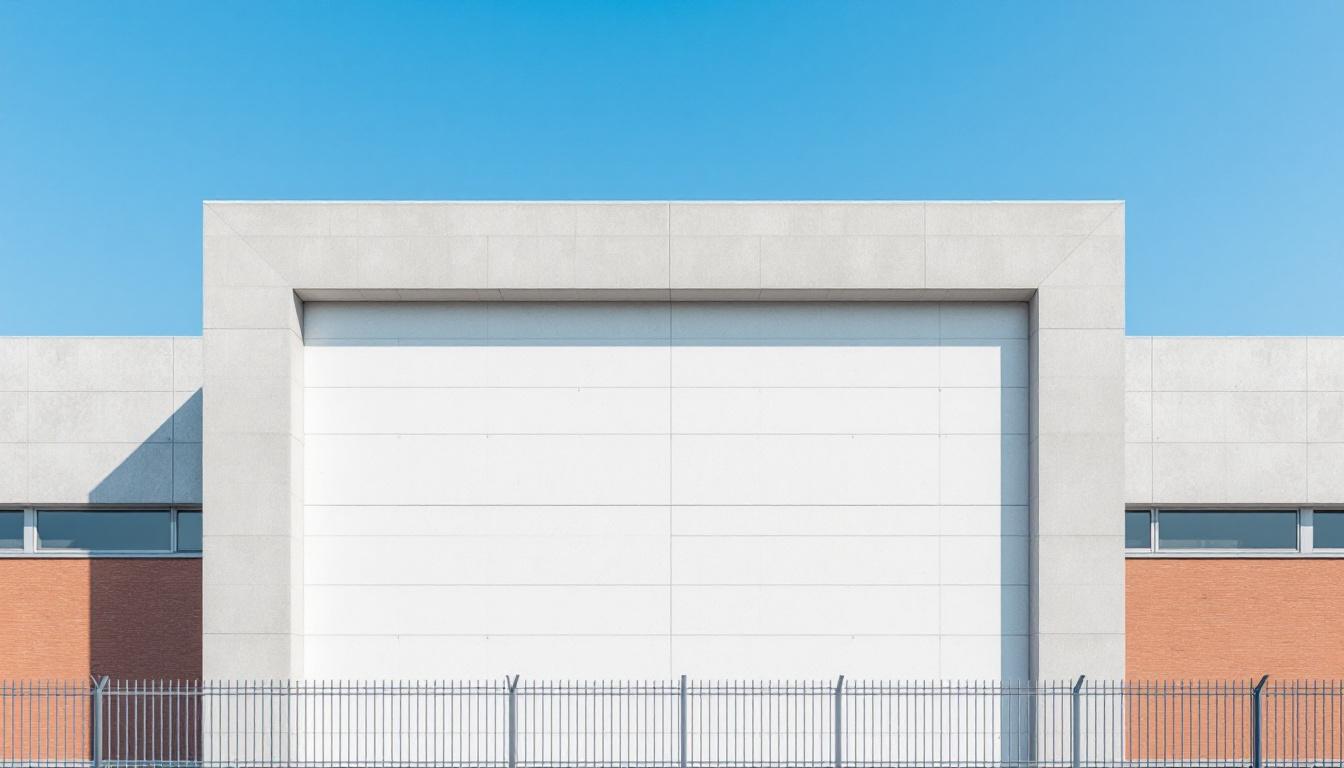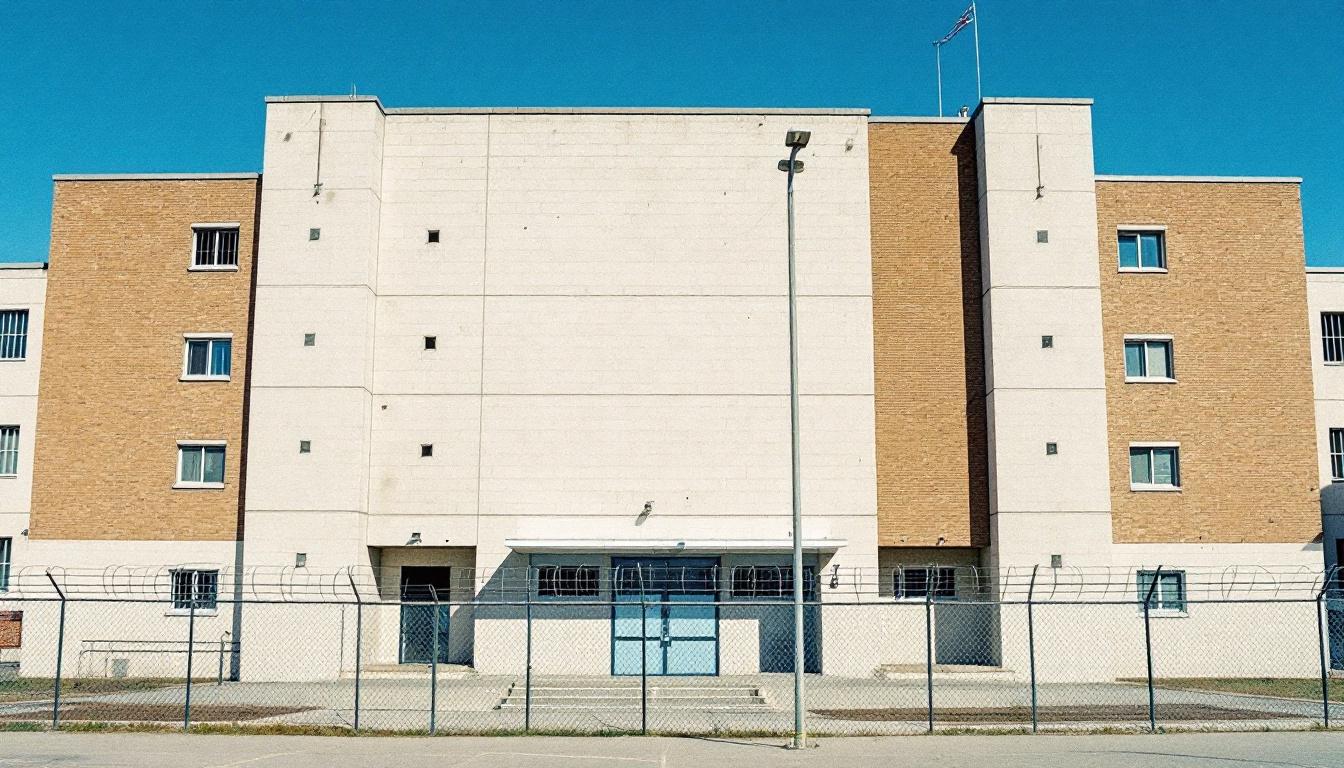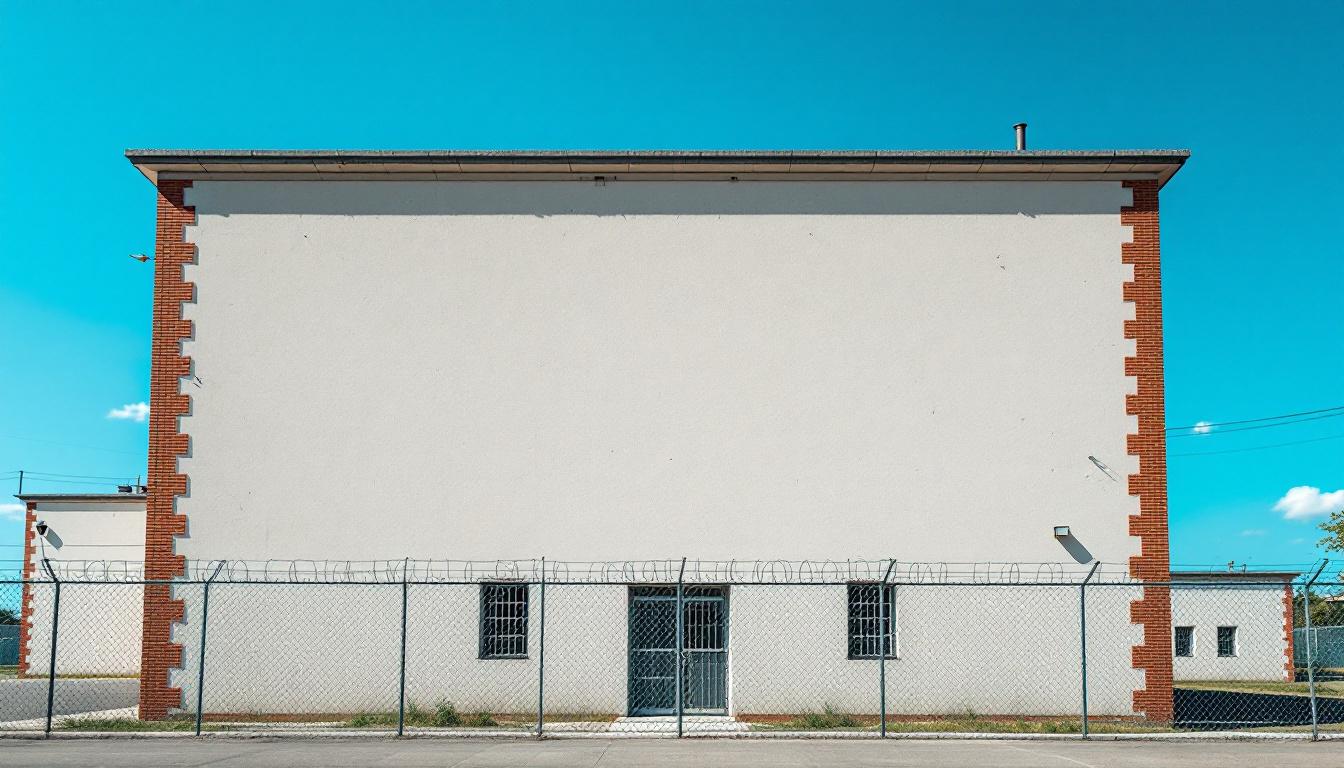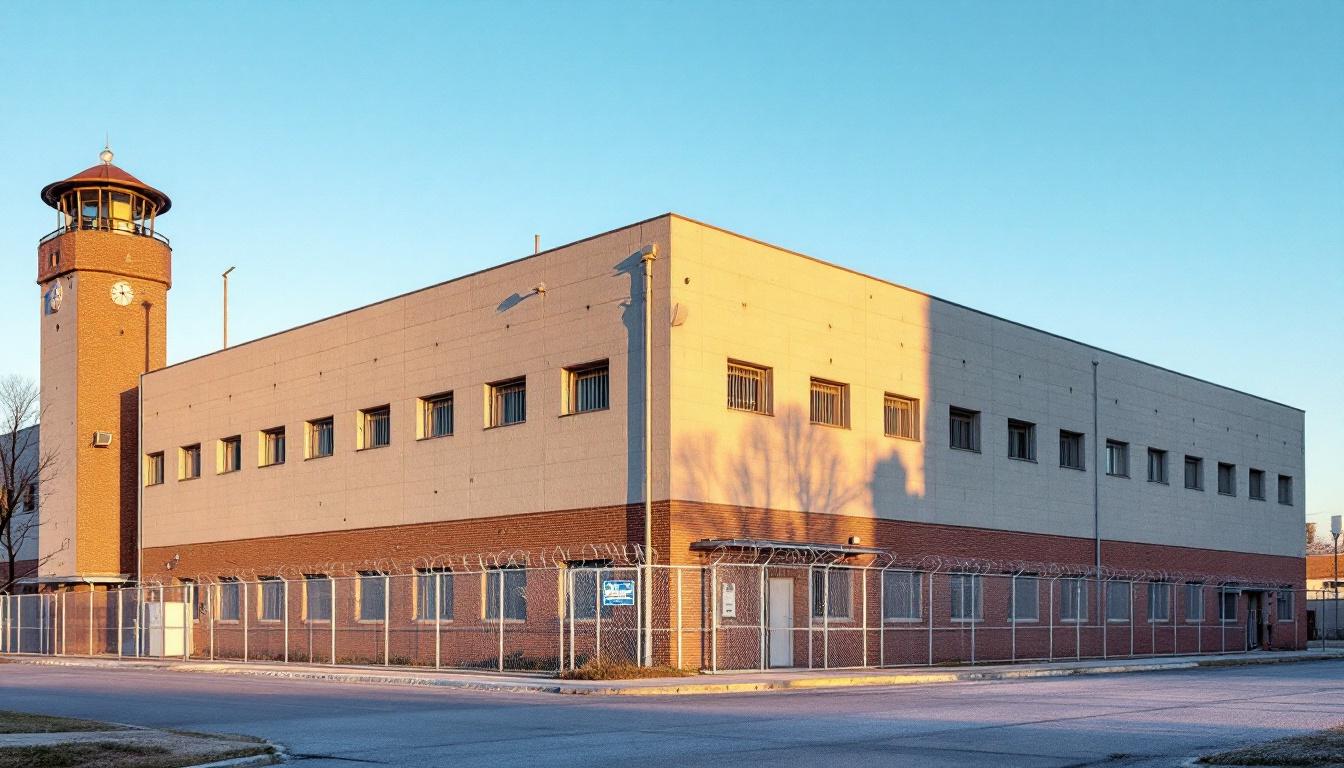
Quick Navigation
How to contact an inmate at Rhea County Jail
This comprehensive guide will walk you through how to connect with an inmate at Rhea County Jail. Follow the steps below to find an inmate and send letters and photos:
- Search for the inmate using our search tool below
- Create your account or log in to Penmate
- Write your message (up to 6,000 characters)
- Send instantly - inmates receive printed copies daily
Find an Inmate
Search for an inmate to start communicating today
Tip: You can search by first name, last name, or inmate ID number
To contact a person at Rhea County Jail start by searching for the person on the official facility website. Perform a search by following these steps:
- Step 1: Enter their first name and last name into the search form and click "Search"
- Step 2: Locate their inmate record
- Step 3: Write down their Inmate ID and any housing information provided
Important! Be sure to enter the person's full name. Nicknames should not be used.
How to Send Messages to Inmates

You can use your phone or computer to send emails, letters, and photos to an inmate. Messages are sent electronically to inmate tablets or kiosks at the facility. If you would like to send a message, start by searching for an inmate at Rhea County Jail.
Sending Photos and Postcards

A great way to send love and support to a loved one at Rhea County Jail is to send photos and postcards. It only takes a few minutes to send photos from your phone and it makes a huge difference. You can also mail postcards with words of support and inspiration, or design your own postcard for special moments like birthdays and holidays.
Important! Be sure not to send any explicit photos or they may not be approved by the facility. You can also use a photo printing app like Penmate to make sure your photos are printed at the correct size (4x6 or 3x5) and are mailed according to the rules and regulations of Rhea County Jail.
Frequently asked questions about Rhea County Jail
-
How long does it take to deliver a message?
If you're sending an email message your letter is usually delivered within 24-48 hours. For messages sent via mail you should expect delivery within 3-7 days. All messages will need be approved by Rhea County Jail.
-
How much does it cost to send a message to Rhea County Jail?
You can send a message free using your phone or mail a message via USPS for the price of a $0.60 stamp and envelope. You can also purchase credits or e-stamps from services starting at $1.99.
-
What services can I use to contact an inmate at Rhea County Jail?
Penmate
You can use Penmate to send letters and photos to an inmate from your phone. It's an easy way to stay in touch during your loved one's incarceration. Use the inmate locator to find an inmate's location and contact information, then you can send messages within a few minutes.
Securus messaging
Securus may be another option for communicating with an inmate at Rhea County Jail. You can create a friends and family account and purchase credits to send messages. All messages will be reviewed and must be approved by the facility.
JPay
Some county jails and state prisons may support sending messages with JPay. You must register an account with the system, find your loved one, and purchase stamps to send messages. For some locations you can also attach photos.
Smart Jail Mail
You may also check if Smart Jail Mail is available at Rhea County Jail. Smart Jail Mail is operated by Smart Communications and has contracted with some state and county jails. After purchasing credits, your messages and photos are sent to the facility, printed out, and then handed out to your loved one.
-
What is the mailing address of Rhea County Jail?
Mailing address:
Rhea County Jail
7800 Rhea County Hwy
Dayton, TN 37321
Phone: (423) 775-7837Business hours:
- Monday: 8:00 AM – 4:30 PM
- Tuesday: 8:00 AM – 4:30 PM
- Wednesday: 8:00 AM – 4:30 PM
- Thursday: 8:00 AM – 4:30 PM
- Friday: 8:00 AM – 4:30 PM
- Saturday: Closed
- Sunday: Closed
-
What are the visiting hours at Rhea County Jail?
Visiting hours at Rhea County Jail vary by housing unit and security level. Generally, visits are scheduled on weekends and holidays, with some facilities offering weekday visits. Contact the facility directly at (423) 775-7837 or check their website for the current visiting schedule. Visits typically last 30-60 minutes and must be scheduled in advance.
-
What items are prohibited when sending mail to Rhea County Jail?
Prohibited items typically include: cash, personal checks, stamps, stickers, glitter, glue, tape, staples, paperclips, polaroid photos, musical or blank greeting cards, hardcover books, magazines with staples, and any items containing metal or electronics. Only send letters on plain white paper with blue or black ink. Photos must be printed on regular photo paper (no Polaroids). Always check with Rhea County Jail for their specific mail policies.
-
How do I send money to an inmate at Rhea County Jail?
You can send money to an inmate at Rhea County Jail through several methods: 1) Online using JPay, Access Corrections, or the facility's approved vendor, 2) Money orders mailed directly to the facility with the inmate's name and ID number, 3) Kiosks located in the facility lobby, or 4) Over the phone using a credit or debit card. Fees vary by method, typically ranging from $2.95 to $11.95 per transaction.
-
Can I schedule a video visit with an inmate at Rhea County Jail?
Many facilities now offer video visitation as an alternative to in-person visits. At Rhea County Jail, video visits may be available through services like Penmate, Securus Video Connect, GTL, or ICSolutions. Video visits typically cost $10-20 for 20-30 minutes and must be scheduled in advance. You'll need a computer or smartphone with a camera and reliable internet connection. Contact the facility for their specific video visitation policies and approved vendors.
-
What identification do I need to visit an inmate at Rhea County Jail?
All visitors must present valid government-issued photo identification such as a driver's license, state ID, passport, or military ID. Minors must be accompanied by a parent or legal guardian who can provide the minor's birth certificate. Some facilities require visitors to be on the inmate's approved visitation list, which may require a background check. Contact Rhea County Jail for specific ID requirements and visitor approval procedures.
-
How can I find out an inmate's release date?
To find an inmate's release date at Rhea County Jail, you can: 1) Use the online inmate search tool if available, 2) Call the facility's records department, 3) Contact the inmate's case manager or counselor, or 4) Have the inmate provide this information during a call or visit. For privacy reasons, some facilities only release this information to immediate family members.
Facility Overview
Official Website

About Rhea County Jail
Nestled within the rolling hills of southeastern Tennessee, Dayton serves as home to Rhea County Jail, TN, a correctional facility dedicated to maintaining community safety while fostering meaningful pathways toward rehabilitation. This TN correctional facility operates under a comprehensive philosophy that balances secure detention with evidence-based programming designed to address the underlying factors that often contribute to criminal behavior. Through its commitment to both accountability and personal transformation, the facility typically provides residents services that extend beyond basic housing to include educational opportunities, substance abuse counseling, and vocational training programs that may help prepare individuals for successful community reintegration.
The facility's approach to corrections emphasizes the importance of addressing each resident's unique circumstances through individualized case management and structured programming. Staff members generally work to create an environment that encourages personal responsibility while providing access to mental health resources, life skills development, and educational advancement opportunities. As part of Tennessee's broader correctional network, Rhea County Jail often collaborates with local community organizations and service providers to ensure continuity of care and support systems that may extend beyond an individual's period of incarceration. This county jail typically maintains strong connections with Dayton area resources, recognizing that successful rehabilitation often depends on robust community partnerships and family involvement in the reentry process.
Programs & Services
Comprehensive rehabilitation initiatives at this Tennessee correctional facility emphasize skill development and personal transformation through carefully structured programming. The facility's approach typically integrates academic advancement with practical training opportunities, recognizing that successful reintegration requires both intellectual growth and marketable competencies. Residents may participate in multiple concurrent initiatives, allowing them to develop complementary skill sets while addressing various aspects of their rehabilitation journey.
Educational services form the cornerstone of the facility's academic offerings, often including literacy improvement, GED preparation, and continuing education opportunities. These initiatives may deliver instruction through structured classroom environments where residents can advance their academic credentials at their own pace. Moreover, vocational training initiatives provide hands-on experience in trades such as welding, which typically combines theoretical knowledge with practical application. Such programs often include safety certification components and industry-standard training protocols, preparing residents with marketable skills that may enhance their employment prospects upon release.
Support services encompass a comprehensive range of initiatives designed to address residents' spiritual and emotional well-being. Faith-based programs typically provide structured opportunities for spiritual growth and community connection, while religious services may offer regular worship opportunities across various denominational preferences. Moreover, broader vocational programs often include career counseling, job readiness training, and soft skills development that complement the technical training initiatives. These support mechanisms typically work in conjunction with educational and vocational components, creating an integrated approach that addresses multiple aspects of successful community reintegration and personal development.
Daily Life & Visitation
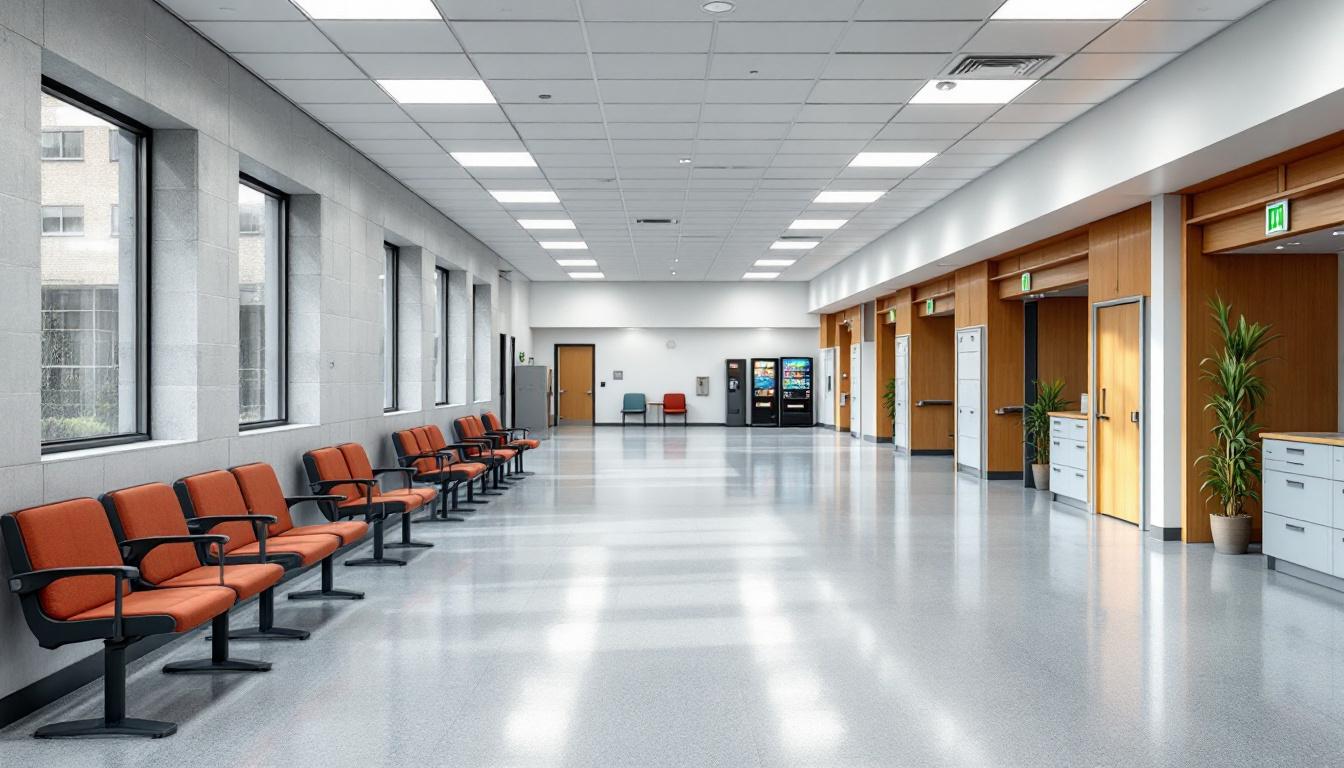
Structured routines form the backbone of institutional life, with carefully orchestrated schedules that deliver predictability and order throughout each day. At present, residents at Rhea County Jail typically follow established timeframes for meals, recreation, and various programming activities, while staff actively monitor and facilitate these daily operations. The consistent rhythm of wake-up calls, meal times, and scheduled activities generally provides residents with a framework that helps maintain stability during their stay at the facility.
Moreover, living accommodations typically consist of shared housing units where residents are assigned to dormitory-style or cell-based arrangements depending on classification levels and available space. Personal belongings are generally limited to approved items, and residents may access commissary services to purchase additional necessities and approved comfort items. Meals are usually served in designated dining areas or delivered to housing units, with menus that aim to meet basic nutritional requirements while accommodating dietary restrictions when possible.
Whereas the structured environment emphasizes security and routine, the facility often provides opportunities for recreation and physical activity during designated periods. Work assignments may be available for eligible residents, typically involving facility maintenance, kitchen duties, or other institutional operations that help maintain daily operations. Visitation policies generally allow for scheduled visits with family members and approved visitors, while communication options may include phone privileges and correspondence services that help residents maintain important connections with their support systems outside the facility.
Ready to Connect?
Start communicating with your loved one today
Search for an Inmate
